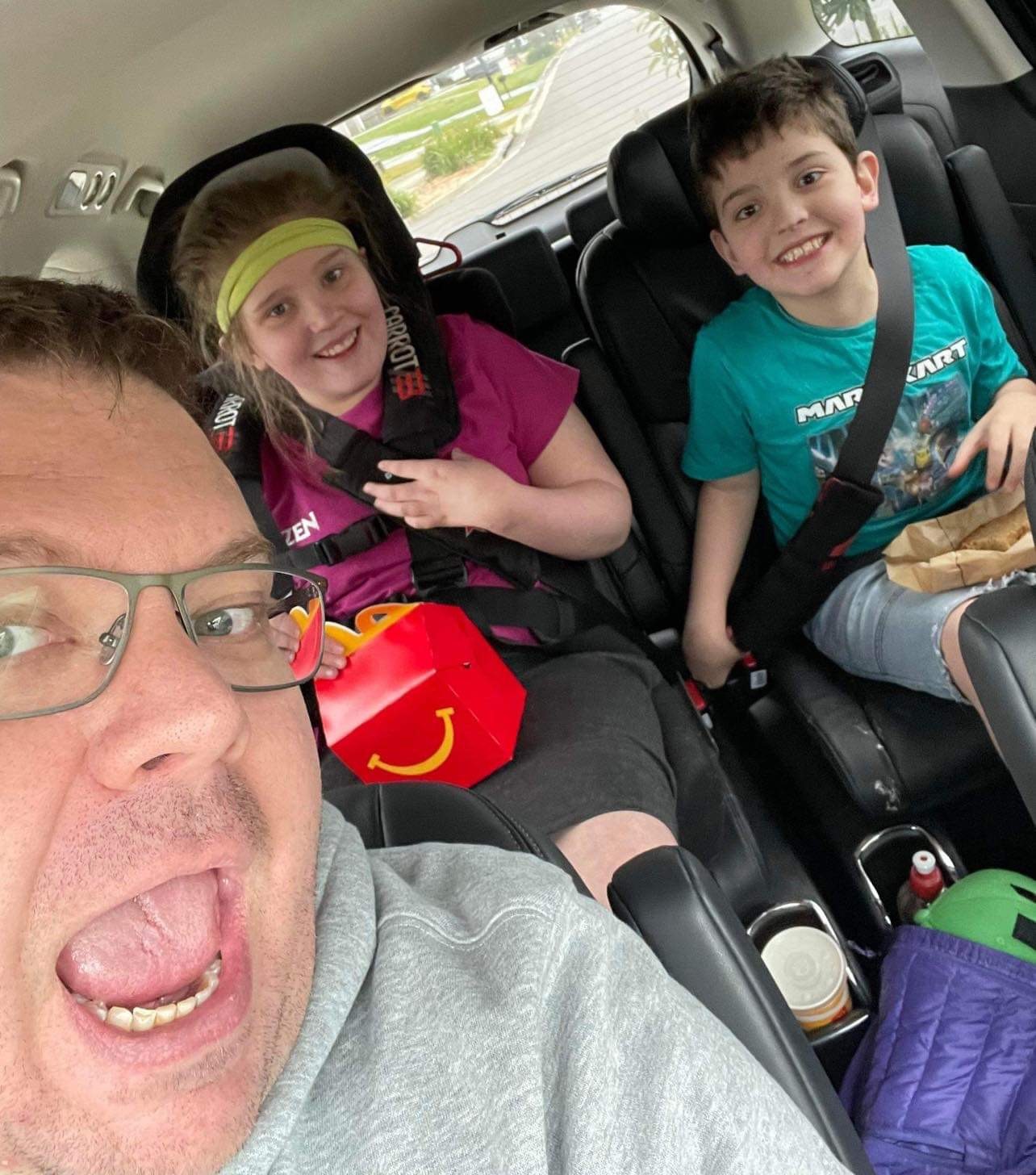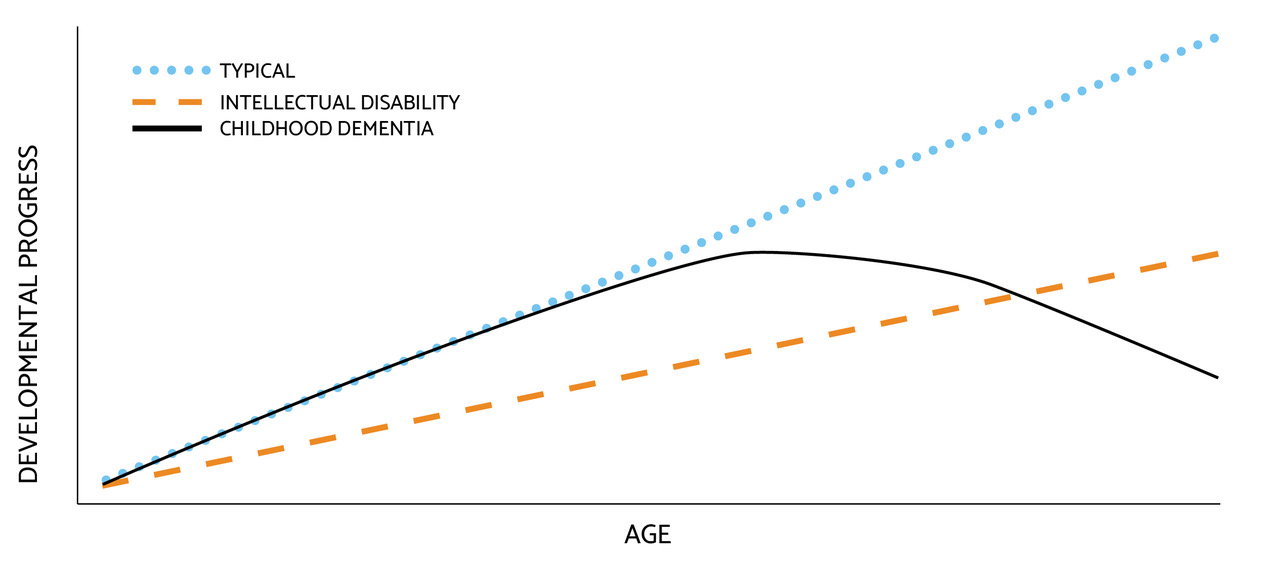For health and care professionals
Thank you for your care and interest in childhood dementia. Children, young people and families will benefit from your awareness and understanding. In this section, you can access information and resources to support you when working with children with dementia and their families.
Childhood dementia: it's time for a new approach
Collectively addressing childhood dementia gives greater visibility of this cohort’s unique needs, and opportunities to improve support services and research.
Childhood Dementia Initiative drives systemic change by collaborating with and supporting professionals who work with children and families, and by putting consumer insights and evidence at the centre of improvements to care and policy.
“I think the key thing for everybody is to realise these kids by themselves are almost forgotten. More awareness can make some really massive differences to the kids' lives and the consistency of support that they receive, and help them live their best lives.”
John, dad to Eleanor and Joshua

What is childhood dementia?
Childhood dementia is caused by a devastating group of 100+ genetic disorders that cause progressive brain damage.
Developmental trajectories of individuals with typical development, intellectual disability and childhood dementia.

The trajectory of childhood dementia classically proceeds in line with normal development for a long or short interval then decelerates and ultimately regresses (adapted from Haugen et al., 2019).
Families' lived experiences
Childhood dementia is a chronic, progressive, life-limiting condition. This means that care needs continually increase until a child dies. Families face a unique set of challenges:
- All will become bereaved families.
- They are managing complex physical challenges and dementia symptoms.
- The lack of knowledge, data or research on childhood dementia creates additional burden, isolation and difficulty accessing care.
Emerging evidence shows that the specific psychosocial needs of children with dementia and their families are currently not being met.
"I wish that it wasn’t so lonely for kids with dementia, or so isolating for families when their child has dementia. I wish people understood what we are going through."
Jane, mum to Noah

Working with children and families
We’ve collected insights and advice from a range of families to help you when working with children with dementia.
You'll hear families reflect on support for them and their children, and how they want health professionals to work with them.
“Realise that these children are often at the very extreme end of what you might treat or see on a day-to-day basis.”
Insights from health professionals
We have collated insights from a range of health professionals to help you when working with children with dementia.
You'll hear from health professionals on a range of topics spanning diagnosis, symptoms, impacts of childhood dementia, palliative care and more.
More from health professionals

Childhood Dementia Project Echo® Community of Practice
Join the online community of health and care professionals sharing and building knowledge on optimal care for children with dementia.
A place for health and care professionals to connect with experts and learn together about care for children with dementia
The Childhood Dementia Community of Practice is a free, supportive, educational platform. It is designed to connect you with subject-matter experts and other professionals to share knowledge and experience on caring for children with dementia.
Join the community that's creating change
Subscribe to our newsletter and join the growing community of health, social care and education professionals who are learning more and contributing to solutions. We will keep you up to date on emerging research and insights, the Community of Practice and how you can take part, information resources for professionals working with children and families, webinars, information sessions and in-service opportunities.




